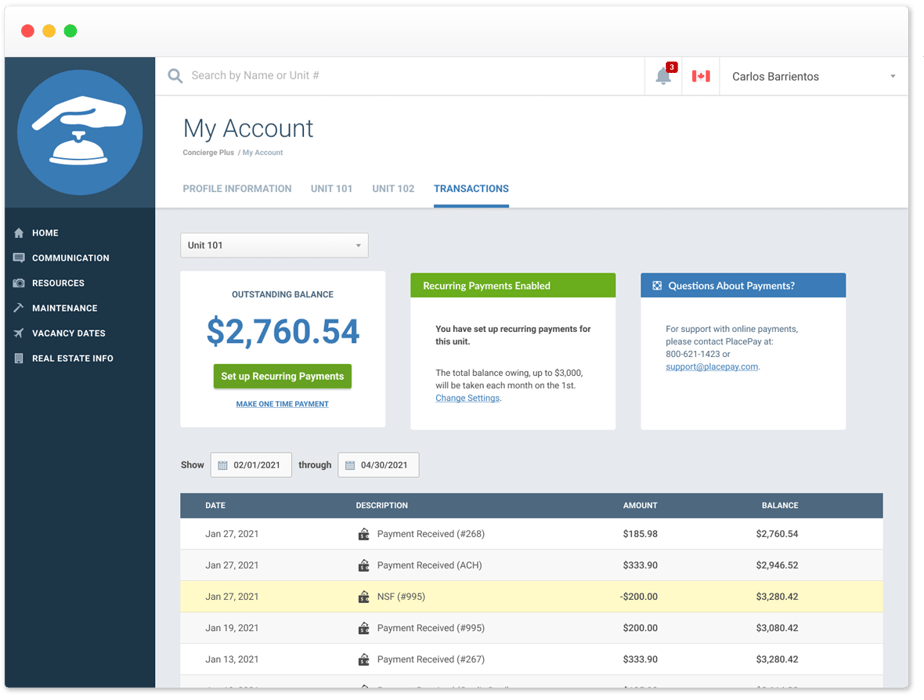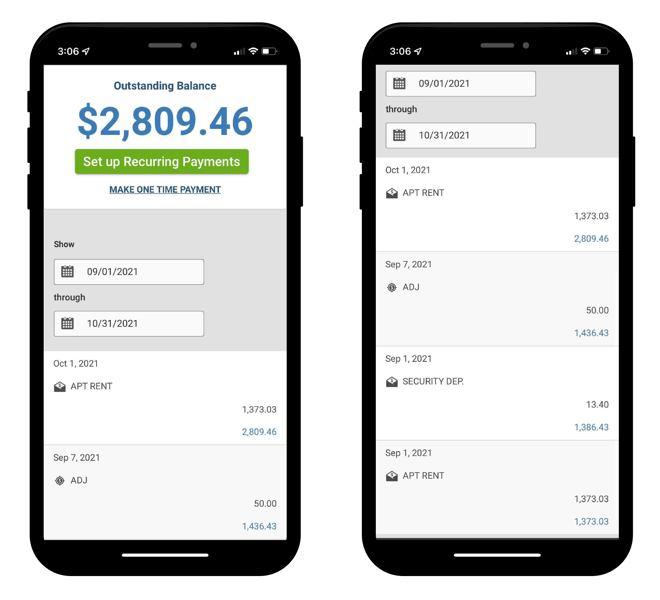THE NEW CONDO LAWS —- MANDATORY INSPECTIONS – PART ONE & PART TWO
Let’s start discussing the new condominium laws that go into effect on July 1st. We won’t cover them all in one week, so look forward to next week’s blog as well.
IF YOU HAVE A MANAGEMENT COMPANY the statute says:
If a community association manager or a community association management firm has a contract with a community association that has a building on the association’s property that is subject to s. 553.899, (the Mandatory Inspections statute) the community association manager or the community association management firm must comply with that section as directed by the board.
This is a weird provision to me. Clearly, it’s warning managers and management companies to comply with the new mandatory inspection statute. But it also says “as directed by the board.” What does that mean? Suppose the board tells the manager that they are deliberately not complying with the new mandatory inspection statute? Does that get the management company off the hook? Can the management company now sit back and do nothing? I certainly don’t think that’s the intent of the statute, but it should definitely be clearer. In any event, at least to me, the management company must not hinder the association’s efforts to comply with the new mandatory inspection statute. If I were a manager or management company, I would document my efforts thru e-mails to all of the Board members urging them to comply and reminding them of their responsibility to comply with the new mandatory inspection requirements.
Remember, prior to this new law becoming effective, only Dade and Broward had mandatory / structural inspection requirements. Well, we now have in every Florida county something called milestone inspections — and there is part one and part two.
In every county in Florida, your first milestone/structural inspection is after 30 years and every ten years thereafter. But, if your condo is ON THE COAST or within three miles of the coast, your first milestone/structural inspection is AFTER TWENTY FIVE YEARS AND EVERY TEN YEARS THEREAFTER. And this applies to every condo or co-op that is three stories or more in height by December 31 of the year in which the building reaches 30 years of age
The structural inspection of a building, including an inspection of load-bearing walls and the primary structural members and primary structural systems, must be done by by a licensed architect or engineer authorized to practice in this state for the purposes of attesting to the life safety and adequacy of the structural components of the building and, to the extent reasonably possible, determining the general structural condition of the building as it affects the safety of such building, including a determination of any necessary maintenance, repair, or replacement of any structural component of the building.
If the building’s certificate of occupancy was issued on or before July 1, 1992, meaning that you are already 30 years old, the building’s initial milestone inspection must be performed before December 31, 2024.
Here is what’s required in a Phase One Inspection:
PHASE ONE — (a) For phase one of the milestone inspection, a licensed architect or engineer authorized to practice in this state shall perform a visual examination of habitable and nonhabitable areas of a building, including the major structural components of a building, and provide a qualitative assessment of the structural conditions of the building. If the architect or engineer finds no signs of substantial structural deterioration to any building components under visual examination, phase two of the inspection, as provided in paragraph (b), is not required.
In all candor, in a post Champlain Towers world, if I’m the phase one guy — I don’t want to be sued for saying this building is in perfect shape and doesn’t even need a phase two inspection. I think the Phase One Inspection will Always result in the First architect or engineer calling for a Phase Two study. What does he or she have to lose?
MANDATORY BUILDING INSPECTIONS – PART TWO
By Eric Glazer, Esq.
So last week we discussed the fact that the change in the law will now require every condominium building in the state that is 3 stories or higher and at least 30 years old (25 years old if within 3 miles of the coast) to undergo a Phase One inspection, every 10 years, by a licensed architect or engineer who is looking for visual signs of structural damage to the building.
Now if I’m the guy doing the Phase One Inspection, it’s pretty likely that I’m going to find something that requires a Phase Two inspection. Why not? Is it worth the potential liability for saying the building is fine and then someone is injured or killed because of a structural defect? Of course not. So count on lots of Phase Two Inspections. Here is what that entails:
PHASE TWO – Only If found to be necessary after the Phase One Inspection
(b) A phase two of the milestone inspection must be performed if any substantial structural deterioration is identified during phase one. A phase two inspection may involve destructive or nondestructive testing at the inspector’s direction. The inspection may be as extensive or as limited as necessary to fully assess areas of structural distress in order to confirm that the building is structurally sound and safe for its intended use and to recommend a program for fully assessing and repairing distressed and damaged portions of the building. When determining testing locations, the inspector must give preference to locations that are the least disruptive and most easily repairable while still being representative of the structure. An inspector who completes a phase two milestone inspection shall prepare and submit an inspection report pursuant to subsection (8).
(8) Upon completion of a phase one or phase two milestone inspection, the architect or engineer who performed the inspection must submit a sealed copy of the inspection report with a separate summary of, at minimum, the material findings and recommendations in the inspection report to the condominium association or cooperative association, and to the building official of the local government which has jurisdiction. The inspection report must, at a minimum, meet all of the following criteria:
(a) Bear the seal and signature, or the electronic signature, of the licensed engineer or architect who performed the inspection.
(b) Indicate the manner and type of inspection forming the basis for the inspection report.
(c) Identify any substantial structural deterioration, within a reasonable professional probability based on the scope of the inspection, describe the extent of such deterioration, and identify any recommended repairs for such deterioration.
(d) State whether unsafe or dangerous conditions, as those terms are defined in the Florida Building Code, were observed.
(e) Recommend any remedial or preventive repair for any items that are damaged but are not substantial structural deterioration.
(f) Identify and describe any items requiring further inspection.
THE ASSOCIATION’S RESPONSIBILITY
(9) The association must distribute a copy of the inspector-prepared summary of the inspection report to each condominium unit owner or cooperative unit owner, regardless of the findings or recommendations in the report, by United States mail or personal delivery and by electronic transmission to unit owners who previously consented to receive notice by electronic transmission; must post a copy of the inspector-prepared summary in a conspicuous place on the condominium or cooperative property; and must publish the full report and inspector prepared summary on the association’s website, if the association is required to have a website.
(10) A local enforcement agency may prescribe timelines and penalties with respect to compliance with this section.
(11) A board of county commissioners may adopt an ordinance requiring that a condominium or cooperative association schedule or commence repairs for substantial structural deterioration within a specified timeframe after the local enforcement agency receives a phase two inspection report; however, such repairs must be commenced within 365 days after receiving such report. If an association fails to submit proof to the local enforcement agency that repairs have been scheduled or have commenced for substantial structural deterioration identified in a phase two inspection report within the required timeframe, the local enforcement agency must review and determine if the building is unsafe for human occupancy.
The bottom line is that if forced to do a Phase One inspection, you can ensure you will be required to do a Phase Two Inspection. The Phase Two Inspection will be costly and the architect or engineer performing the study has full reign over the property. What they say needs fixing, needs fixing. And what do they have to lose in stating that certain structural repairs should be made? On the other hand, they have a lot to lose if they don’t recommend a fix and catastrophe strikes. Rest assured that Phase Two Study will require repairs and they won’t come cheap.
Tags: Condo and HOA Law, Inspection Articles, Management News








 I frequently use
I frequently use  If a stormwater pond receives full sunlight during the growing season, this directly impacts plants and algae by increasing water temperatures and providing the light necessary for photosynthesis. To prevent sunlight from penetrating the water column and stimulating the growth of deep submersed plants and benthic algae, water levels can be increased.
If a stormwater pond receives full sunlight during the growing season, this directly impacts plants and algae by increasing water temperatures and providing the light necessary for photosynthesis. To prevent sunlight from penetrating the water column and stimulating the growth of deep submersed plants and benthic algae, water levels can be increased. 















